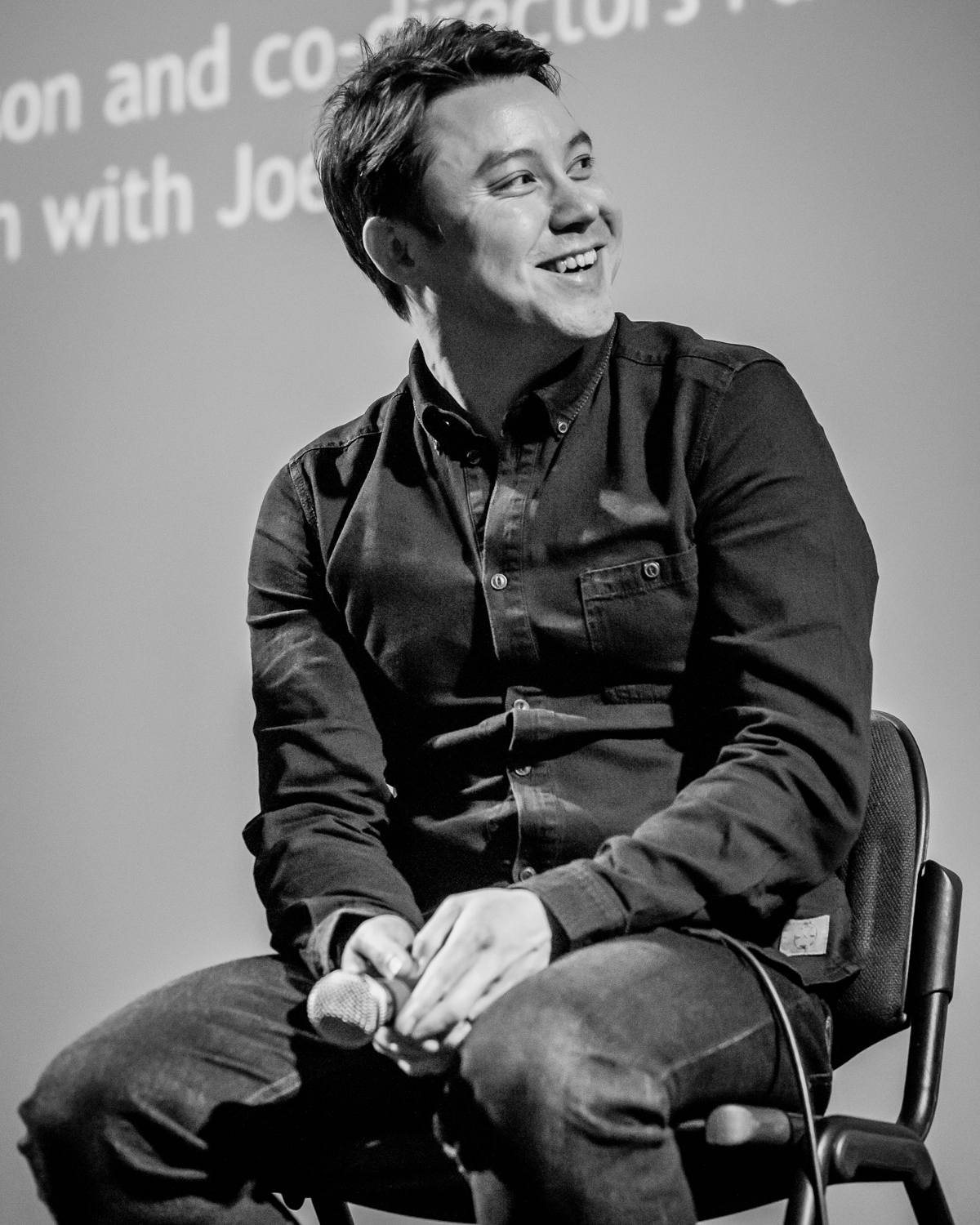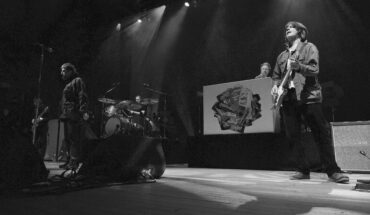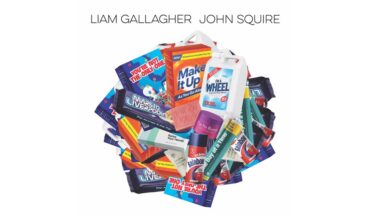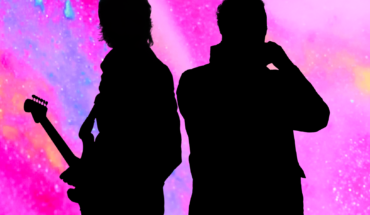I meet Simon Mason one Thursday evening in Joe’s Bar on Chalk Farm Road, half a mile up the street from Camden Town, the spiritual home of Britpop. Twenty years ago Simon was selling drugs to its major players: bands, journalists, record company executives; all knew him as the man to go to for the finest powders and pills. He might have made a fortune, had he not been a user himself. Coke, heroin and crack were his drugs of choice. The last two, which he’d often combine in a ‘Speedball’, almost finished him off.
But Simon proved to be more tenacious than many people – including himself – expected. After several attempts to quit his addictions, he finally got clean in 2006 and has remained so ever since. In 2013 he published his acclaimed memoir Too High, Too Far, Too Soon, a searing account of the highs and lows he experienced in his quest to live the rock ‘n’ roll lifestyle. The book has been adapted to a live show, and while Simon’s story is not the most obvious choice for a 90 minute solo performance, his honesty, wit and charm make him as compelling a storyteller in person as he is on the page. So how did the show come about?
“I was approached by Phil Fox”, says Simon, returning from the bar with two cans of Ting, one for him (sober these days) and one for me (nursing a hangover). “He founded a theatre company called Outside Edge to support people in recovery 17 years ago. After the book came out, Phil asked me if I wanted to do a show. I soon realised that I’d signed up for a four week run, rather than a one-off show! We went through the book and decided which anecdotes would work best on the stage. Sadly, Phil passed away during this process. He’d been clean for 30 years. The show is dedicated to him.”
After getting clean, Simon found work in drug treatment, helping people in recovery. As a former drug user himself, he clearly understands the vicissitudes of addiction. He explains how drama and role play – and the various disciplines that come them – are useful tools for recovery.
“People arrive in recovery with a very fixed idea of who they are and what they can and can’t do. The thing about drama and creativity is that they can break those taboos.”
Outside Edge counts Jimmy Page and Gary Oldman among its patrons, and seeks to change the lives of people affected by substance misuse through performance. They support people affected by drug addiction to see and meet their potential and find an identity, values which Simon is happy to endorse. I ask him how his book – which presents a vivid and unglamorous portrayal of drug addiction – was adapted to the stage.
“After Phil passed away, Cathy Sloane came in to take over his role. Rather than create a piece of scripted theatre, we chose to do 22 scenes over 90 minutes. It’s my interpretation. We didn’t want to make it a depressing experience, but there’s a lot of black humour in there. Most people have positive experiences on drugs, and when they don’t, they stop taking them. They grow up. In the book I write about the good times and some fucking horrible times.”
In Too High, Too Far, Too Soon Simon doesn’t hold back any of the gruesome details when narrating the abject squalor and desperation involved with being a full-time heroin addict. In one of the more harrowing scenes, he reveals how he attempted to end his life with a fatal overdose. Is it difficult for him to talk about such traumatic experiences in front of a live audience?
“Strange as it sounds, this is me acting as being me. The only way to describe it is as method acting. There’s a scene where I talk about my father’s death, which I couldn’t do in rehearsal today because it’s the anniversary of his death. On day two of rehearsals I went into full on Diana Ross mode, ‘I can’t do this!’ But it’s not a lecture. It’s not a morality play. It’s just someone’s experience of life. Yes, it’s my experience, but it could also be a lot of people’s experience.”
As someone who had a backstage/access all areas pass during the Britpop years and partied with its major players, Simon has seen and lived all of the rock ‘n’ roll clichés. But where many music biographies glamorise taking drugs, Simon’s account presents a balanced and considered view. Rather than preach or romanticise drug-taking, he acknowledges its appeal, though he’s keenly aware that the consequences may be fatal for those who suffer from addiction.
“My experience of using drugs to get high… there didn’t seem to be apparent consequences, no hangovers, etc. I was at an Echo & the Bunnymen gig recently with some mates of mine who are all in recovery. On the way in, someone was trying to get in with a plus one and it occurred to me that between us we know 40 people who are now dead. There’s a huge group of people who were chewed up by the drug culture, there’s a huge amount of people who are still addicted. There’s a reason why people settle for a can of White Lightning and Jeremy Kyle to deal with their problems.”
These days the things that make him happy include hanging out with his six year old daughter, following his beloved Liverpool F.C. and going to gigs. After being introduced to Shack front man Mick Head, the two became friends and are currently working on a book together.
“Seeing Mick Head for the first time was very powerful, like seeing The Jam live when I was 12 years old, or the gigs I saw by The Smiths and the Stone Roses. Somehow in my mid-forties, things like going to gigs are different; there’s a real freedom doing it sober. It feels natural again. If you keep doing drugs over a long period, you start thinking about when it’s going to end. But now I’m there in the moment, I can enjoy the present.”
Too High, Too Far, Too Soon runs from November 25 to December 20 at the Tristan Bates Theatre in Covent Garden, London. Tickets are available here. For more information about The Outside Edge Theatre Company click here.
Paul Sng






